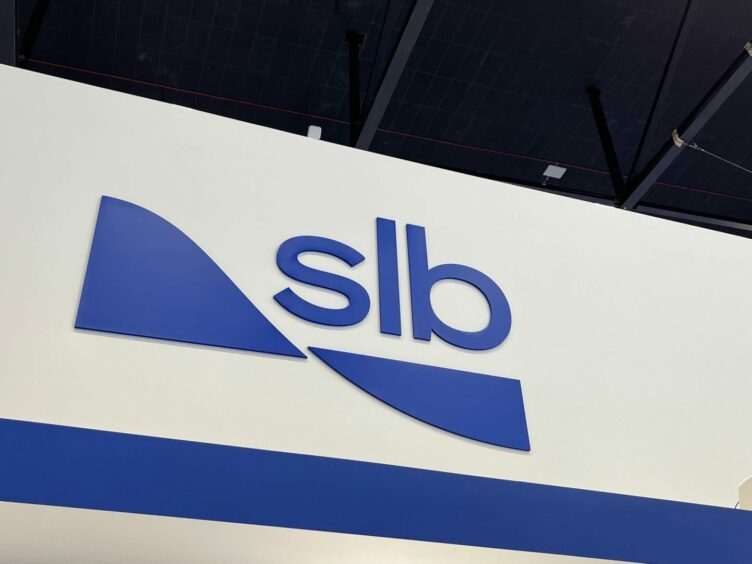
SLB and Halliburton, two of the world’s biggest oilfield service providers, said they see strong international demand for crude drilling after posting earnings that met or exceeded expectations, supporting their shift into overseas markets.
SLB posted second-quarter earnings of 85 cents a share, excluding certain items, more than analysts expected, it said Friday in a statement. Halliburton reported in a separate statement earnings of 80 cents a share, matching expectations.
“Looking ahead to the second half of the year, we expect ongoing momentum in the international markets,” SLB Chief Executive Officer Olivier Le Peuch, said.
“Beyond 2024, the fundamentals of this cycle remain in place,” he added. “There is a long tailwind of growth opportunities, including long-cycle gas and deepwater projects, production and recovery activity, and the secular trends of digital and decarbonization.”
Major oilfield service companies are pivoting to more work in international and offshore fields amid a slowdown in US shale activity brought on by industry consolidation, low natural gas prices and pressure to keep spending muted and return profits to shareholders.
While Halliburton met expectations with earnings per share, its sales of $5.8 billion were lower than analysts expected. The biggest oil-services provider in North America posted sales in the US and Canada of $2.5 billion, marking its fourth consecutive quarter of lower revenue compared to the year prior. It’s the longest stretch of revenue declines in the region since a period that extended from late 2018 through the first three months of 2021.
Shares of SLB rose 1.5% in pre-market trading while Halliburton dropped 2.7%.
SLB, or Schlumberger, is seen as a bellwether for the oil and gas industry, with its global footprint providing an insight into the financial health of the energy sector. Halliburton typically offers the closest proxy to activity in the US shale sector.
“In our international markets we see strong demand for Halliburton’s services, high activity levels, and equipment tightness across all major basins,” Halliburton Chief Executive Officer Jeff Miller said.
Recommended for you
